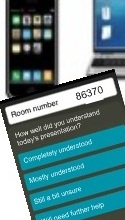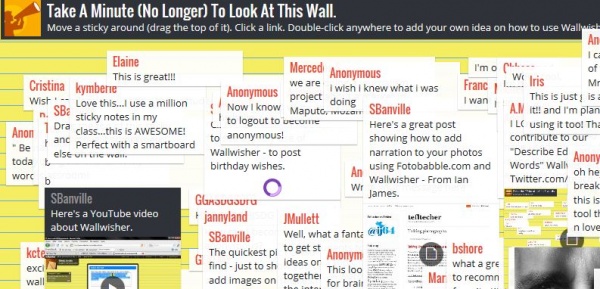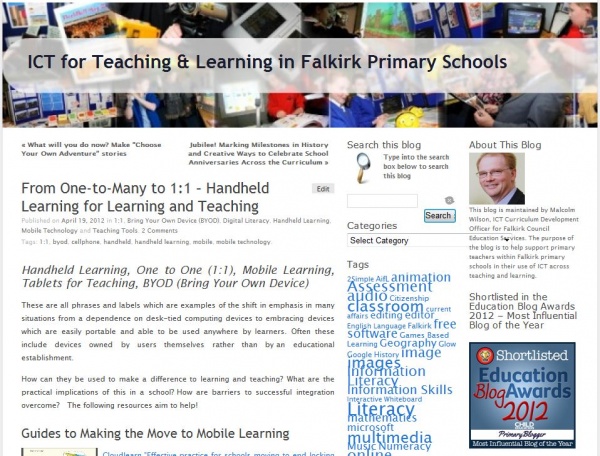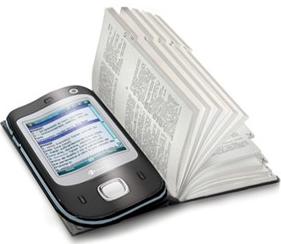 Sharon Wallace, Curriculum Support Officer, Curriculum Support Team delivered a workshop to 95 colleagues from across Scotland and beyond at this year’s Scottish Learning Festival.
Sharon Wallace, Curriculum Support Officer, Curriculum Support Team delivered a workshop to 95 colleagues from across Scotland and beyond at this year’s Scottish Learning Festival.
The theme of the presentation was ‘Sharing the Learning with Parents/ Carers – Active Methodologies’ and the aim of the session was to provide an overview of the wide variety of approaches Falkirk establishments are using to share active methodologies with parents and carers.
The agenda for the workshop was:
- An overview of the Falkirk picture
- An explanation of the range of active methodologies used in Falkirk
- Parent/ carer workshops on offer
- Literature/ leaflets used
- Online methods – blogs/ you tube/ twitter
- Working in partnership with schools/ partners
- How this fits into Falkirk’s Literacy Strategy 2013 – 2016
Three pupils from Kinneil Primary School spoke eloquently and confidently about their experiences helping out at active learning workshops for parents. They talked about how attending the parental workshop gave their own parents ideas on how to support their homework.
Sharon shared a short video of Susan Dyer from Bankier Primary School explaining the impact an active learning workshop had on her school, as well as a video from a Bankier parent describing what it meant to her and her family.
[kml_flashembed movie="http://www.youtube.com/v/TnXMSAcKcCo" width="425" height="344" allowfullscreen="true" fvars="fs=1" /]
https://blogs.glowscotland.org.uk/fa/LiteracyStrategy/
[kml_flashembed movie="http://www.youtube.com/v/r5CmD5FkicY" width="425" height="344" allowfullscreen="true" fvars="fs=1" /]
[kml_flashembed movie="http://www.youtube.com/v/97EOc9Tks_Q" width="425" height="344" allowfullscreen="true" fvars="fs=1" /]
[kml_flashembed movie="http://www.youtube.com/v/iiFjsaCTy08" width="425" height="344" allowfullscreen="true" fvars="fs=1" /]
Feedback included:
"Inspirational, you have really motivated me!"
"Thank you for sharing the Active Literacy parental leaflets - they are very useful."
Lots of delegates who attended this seminar then came along to Falkirk Council's stand in the Local Authority Village to enquire about our short animations Falkirk has developed on CfE and Active Literacy.





 Falkirk Council Education Services provides educational establishments with an Acceptable Use Policy
Falkirk Council Education Services provides educational establishments with an Acceptable Use Policy Device Neutral Assigments
Device Neutral Assigments Quick Response codes
Quick Response codes Socrative
Socrative Padlet
Padlet The Traffic Light Approach
The Traffic Light Approach






